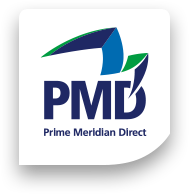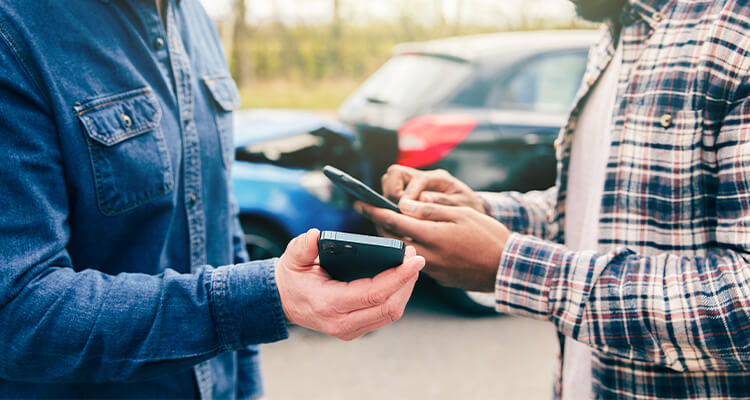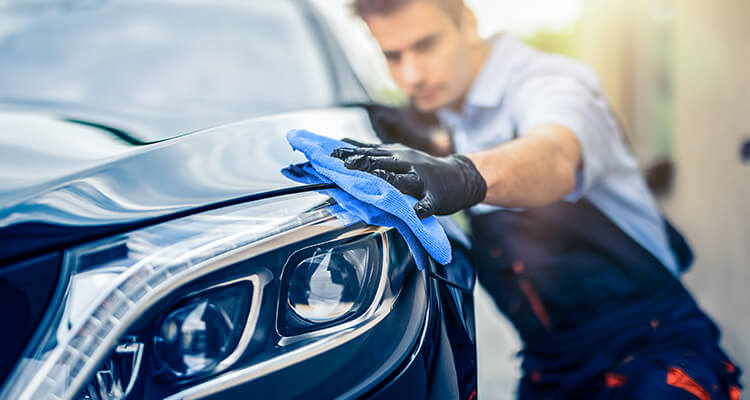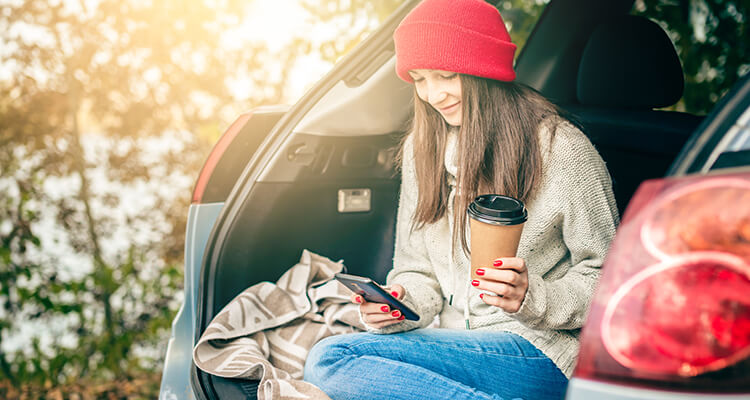You’ve been chatting to a potential buyer who responded to your car’s advertised, private sale. But that also got you thinking about how to best go about selling your car privately in South Africa. What follow are some top tips.1,2
Beware of criminals1
Conmen mainly target such deals, as they know all the loopholes. So be one step ahead of them and know precisely how to conduct such a private transaction.
What is a private sale?1
This is when you sell your car directly to a buyer, who may also be a dealership. Used cars are in great demand because of the steep cost of a new car.
Do some homework1
Find out more about all the pros and cons of a private sale so that you can make an informed decision.
Don’t be in a hurry1
Don’t rush, and always sleep over everything first. Find out what’s the value of your car, so that you know what offer to accept or reject. If you are asking beyond the going price of your car, you may have to wait a while.
Is it difficult to sell your car privately?1
It can certainly be a challenge, particularly if you don’t know what to do. You must do everything yourself, such as advertising, and managing difficult buyers.
All the admin that awaits you2
You need documents and even more for a private car sale. If you feel you can’t do it alone, you can always seek professional help.
Copies of ID books2
You and the buyer need to exchange copies of each other’s ID book. If the buyer forgot to bring a copy, take pictures of his ID book with your smartphone. It’s fine if the buyer has a passport, seeing it’s all about identification.
Provide proof of ownership certificate2
This certificate you will only receive from the bank once you have paid the total amount owed on the car. The bank usually provides a letter to confirm that you have completed all your instalments and that you are indeed the car owner.
Complete a form called ‘notification of change of ownership (NCO)’2
This legal document informs anyone that you are no longer the car’s legal owner. Both signatures need to appear on the form, while the buyer must have his own copy. The Department of Transport will also receive a copy of the NCO form, so that the car can be transferred into the buyer’s name.
Your original ‘vehicle registration certificate’2
The new owner needs this to be able to register the car. Keep two copies for yourself – one for the de-registration of the car you are selling and one for the record.
Other documents2
These include proof of sale, which is a receipt for the sale. The buyer must obtain a roadworthy certificate within 21 days after the sale, a full service history, all receipts, and a warranty certificate, if applicable. Many buyers refuse to buy a used car without these papers for very good reasons.
Disclaimer
This article only provides information because car insurance is not straightforward. For this reason, you should first contact a certified financial advisor and ask for professional advice before you buy any car insurance.
If you happen to be the buyer in the above article, remember to immediately obtain affordable, good comprehensive car insurance cover for your new vehicle purchase. Contact Prime South Africa and discover more about their affordable, comprehensive car insurance with fixed premiums* and reduce to zero excess*. T and Cs apply.
Sources:








